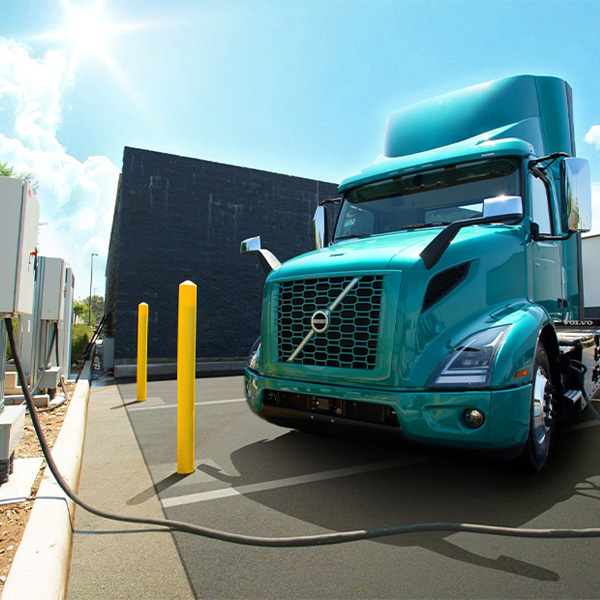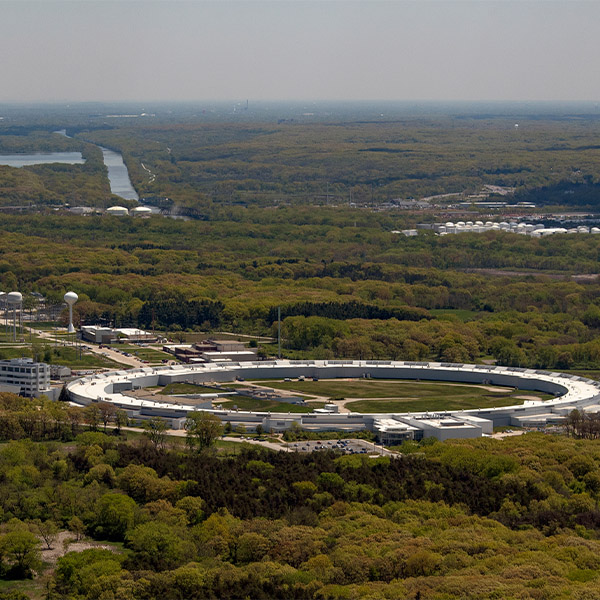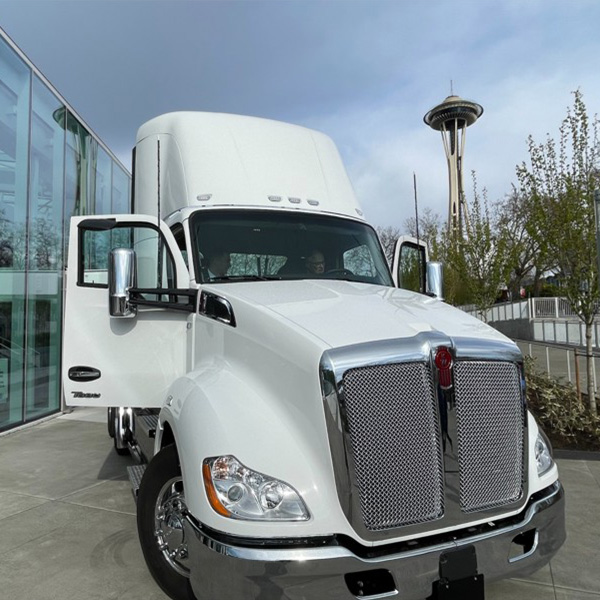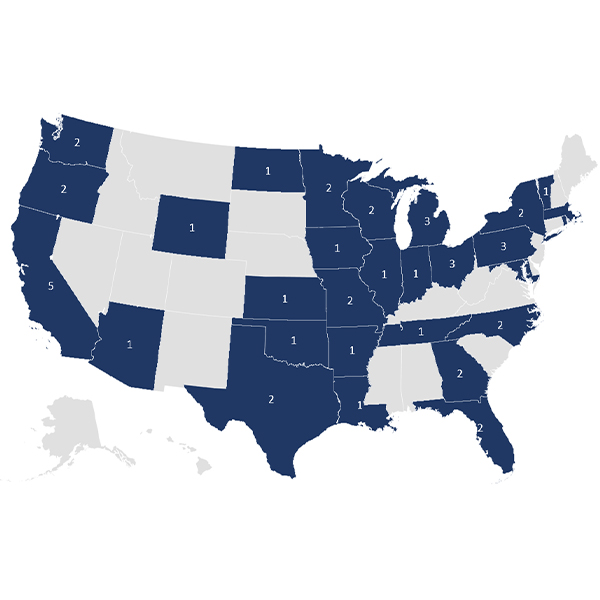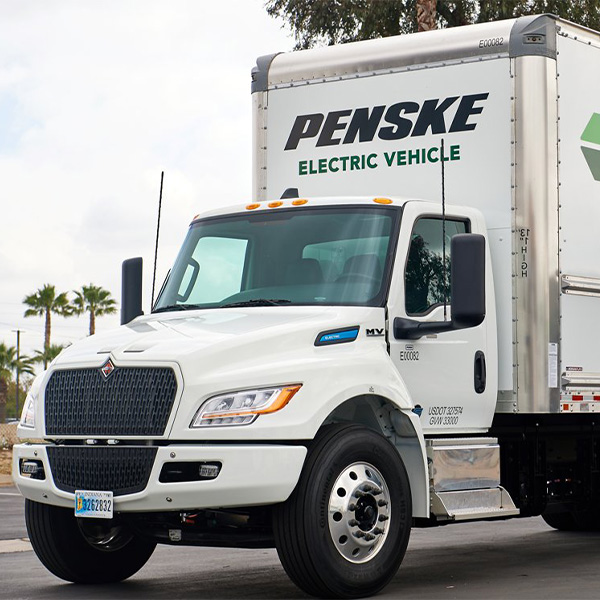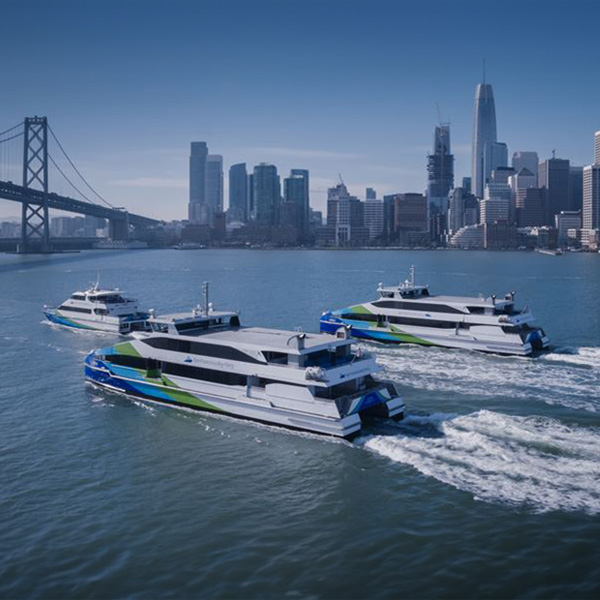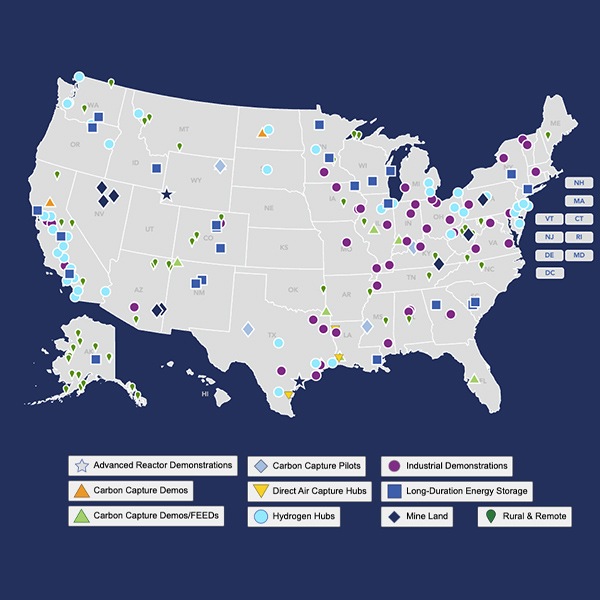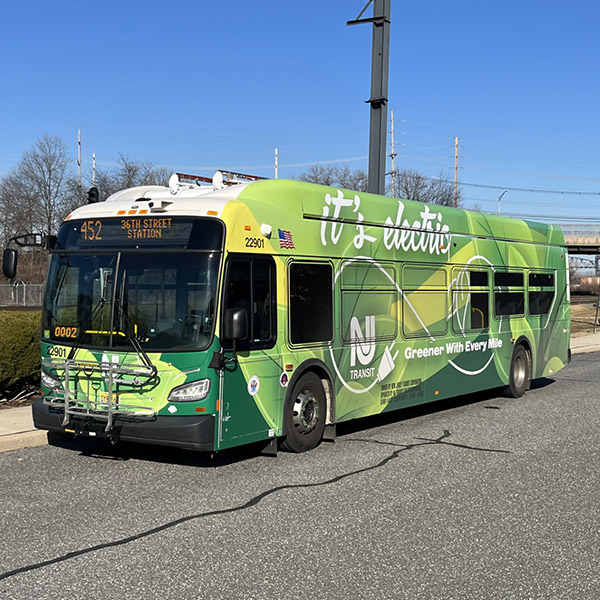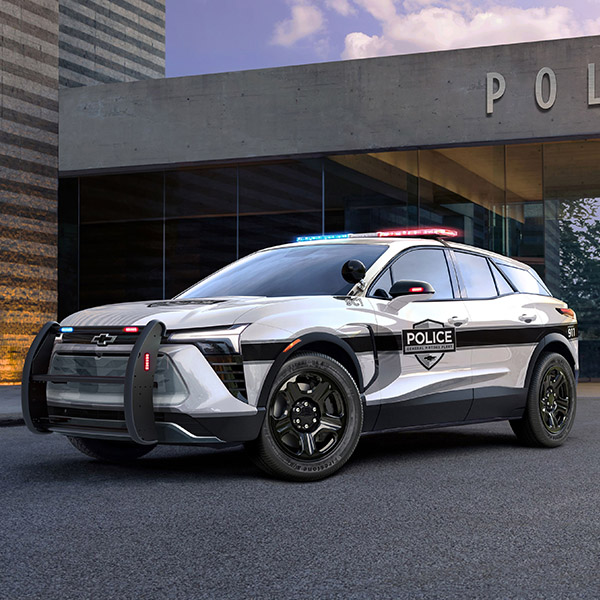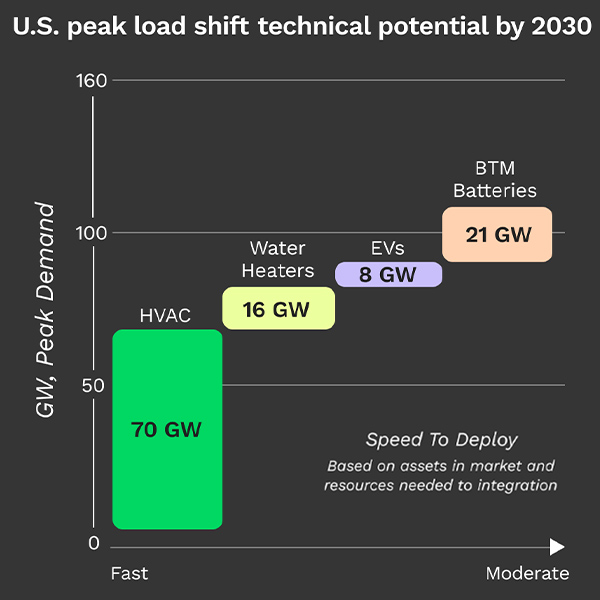Transportation Decarbonization
Airplane DecarbonizationEV chargersHeavy-duty vehiclesBattery Electric Buses (BEB)Fuel Cell Electric Buses (FCEB)Light-duty vehiclesBattery Electric VehiclesFuel Cell VehiclesPlug-in hybrid electric vehiclesShip electrificationClean Ports
The New Jersey Assembly Transportation and Independent Authorities Committee advanced legislation that would require utilities to submit tariffs for commercial direct current fast chargers (DCFCs) and limit their ability to set their rates based on peak demand.
The two Energy Innovation Hubs will accelerate development of storage technology beyond lithium-ion batteries, with a priority on use of inexpensive and abundant materials.
The Washington Trucking Associations argues that the timeline for adopting California's Advanced Clean Trucks rules faster than is practical for the industry.
The Federal Highway Administration’s CFI grants are spread across 29 states, the District of Columbia and eight tribal communities.
California ZEV infrastructure projects are receiving $150 million in federal funding, including $102 million for a tri-state charging network for medium- and heavy-duty trucks.
The California Energy Commission award was among $87M provided for medium- and heavy-duty ZEV chargers.
Signed into law Aug. 16, 2022, the IRA is the largest federal investment in climate and clean energy action in history, and leading up to the IRA’s second anniversary, the Department of Energy and other agencies have heralded the law’s impact and benefits.
New Jersey is adding to its efforts to cut medium- and heavy-duty vehicle emissions with plans to spend more than $300 million on two electric bus garages and to increase the use of clean cargo handling equipment at ports.
New Jersey’s Board of Public Utilities awarded $3.4 million in grants to 18 proposals under a new program designed to help municipalities implement clean energy projects.
Home energy management company Renew Home has released a position paper arguing that VPPs can quickly be stood up to help meet growing demand.
Want more? Advanced Search
